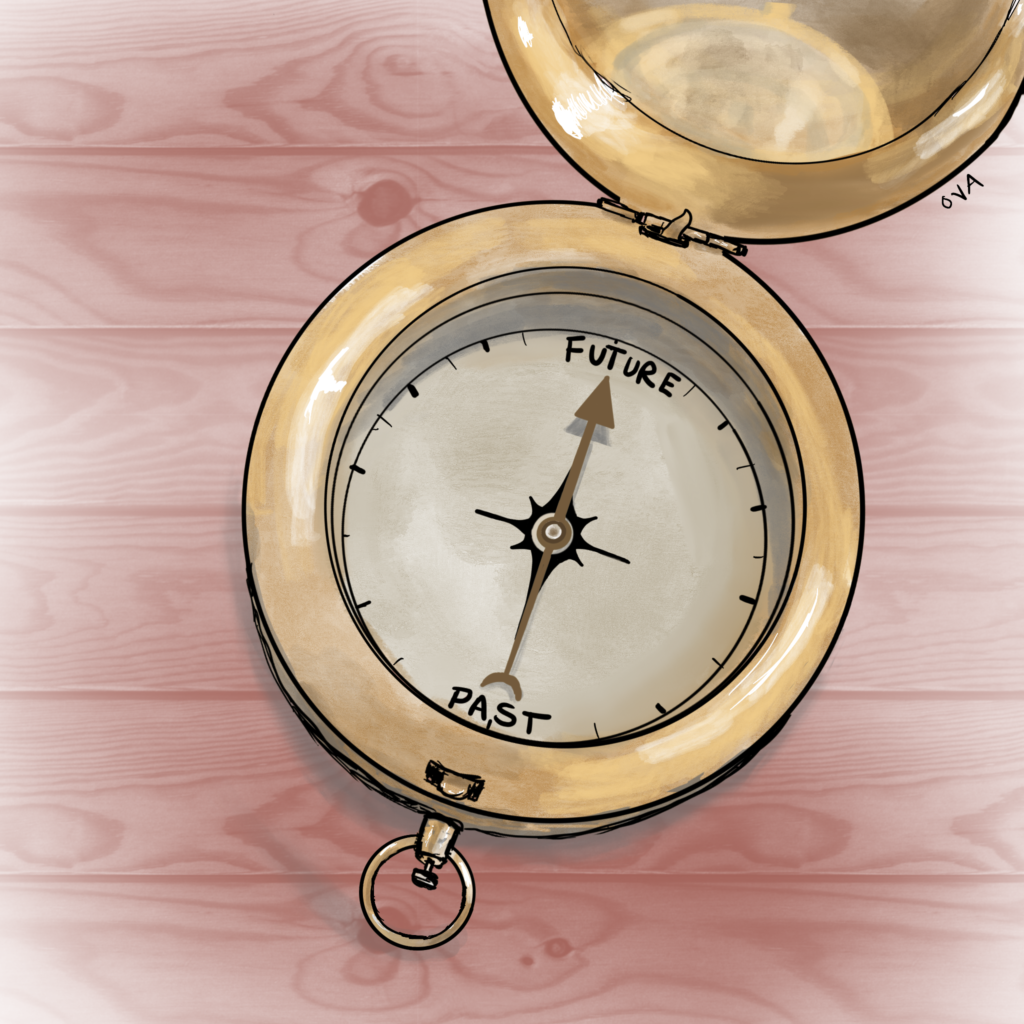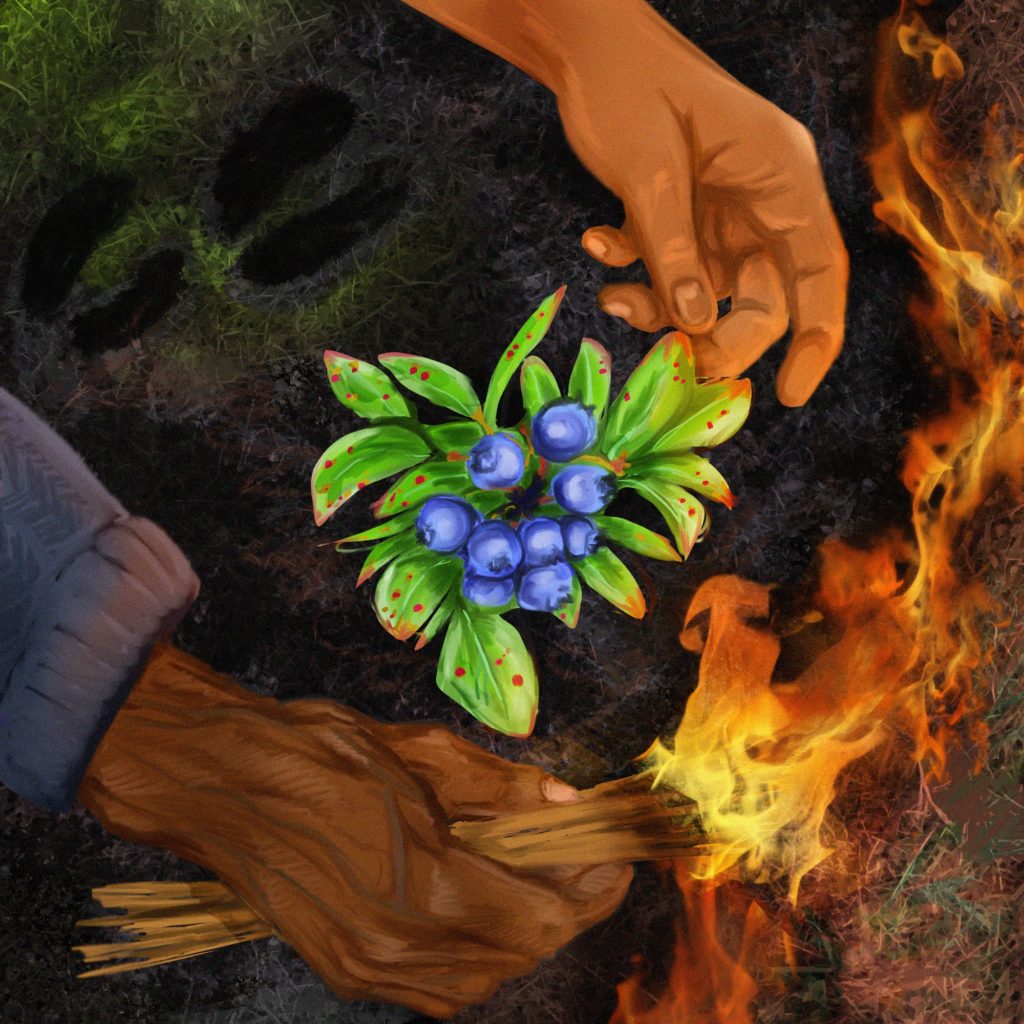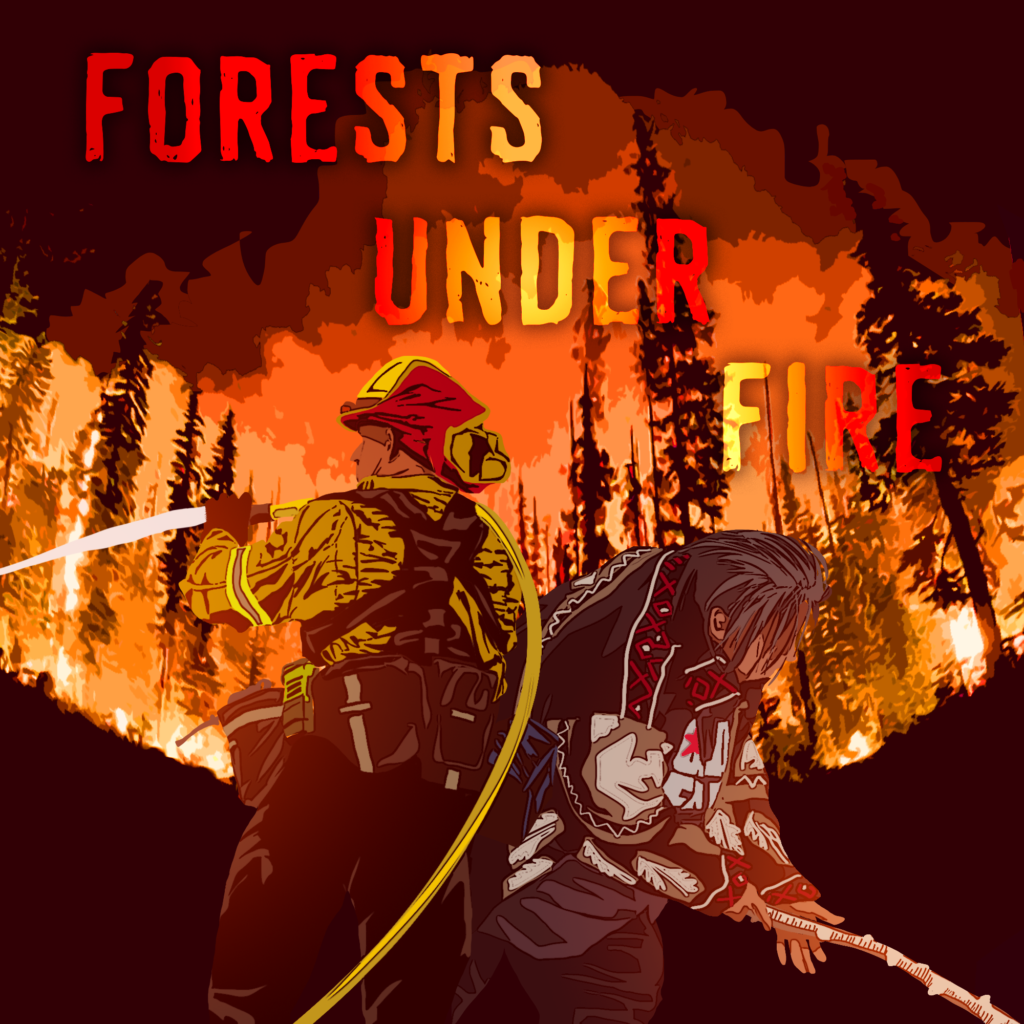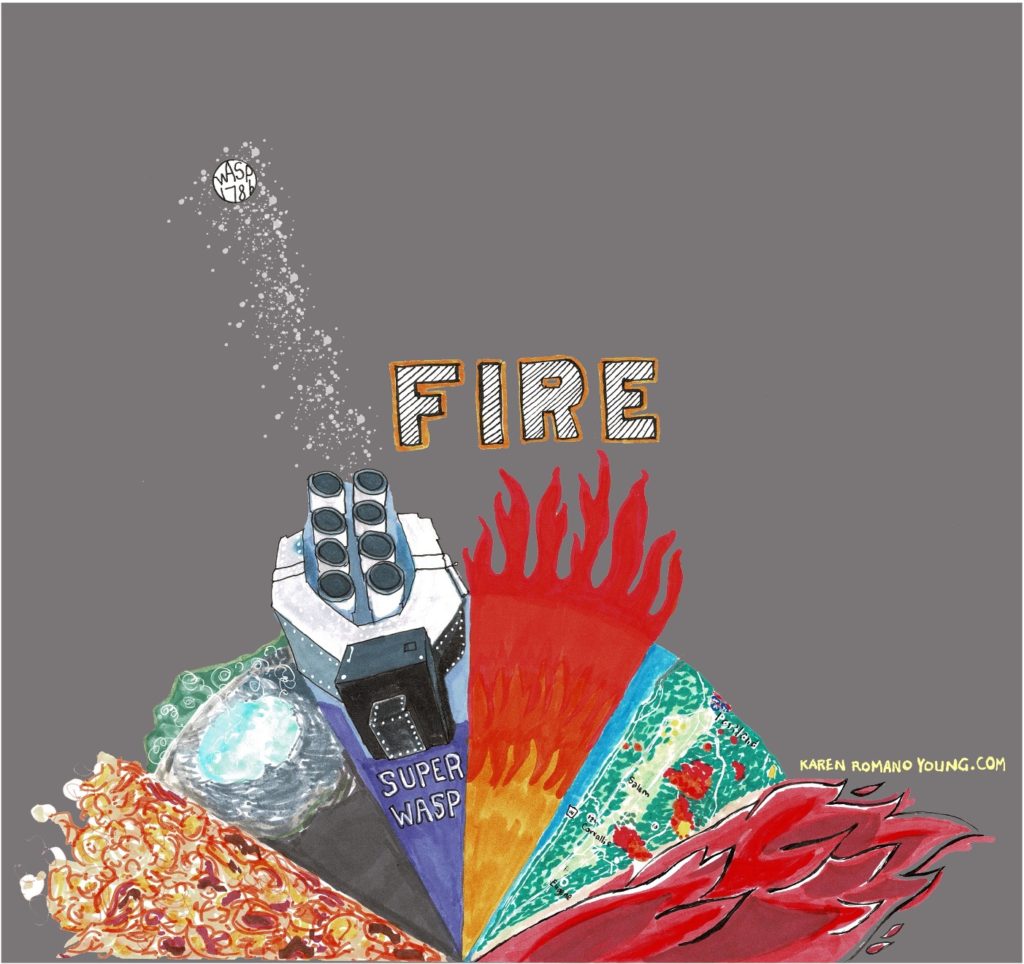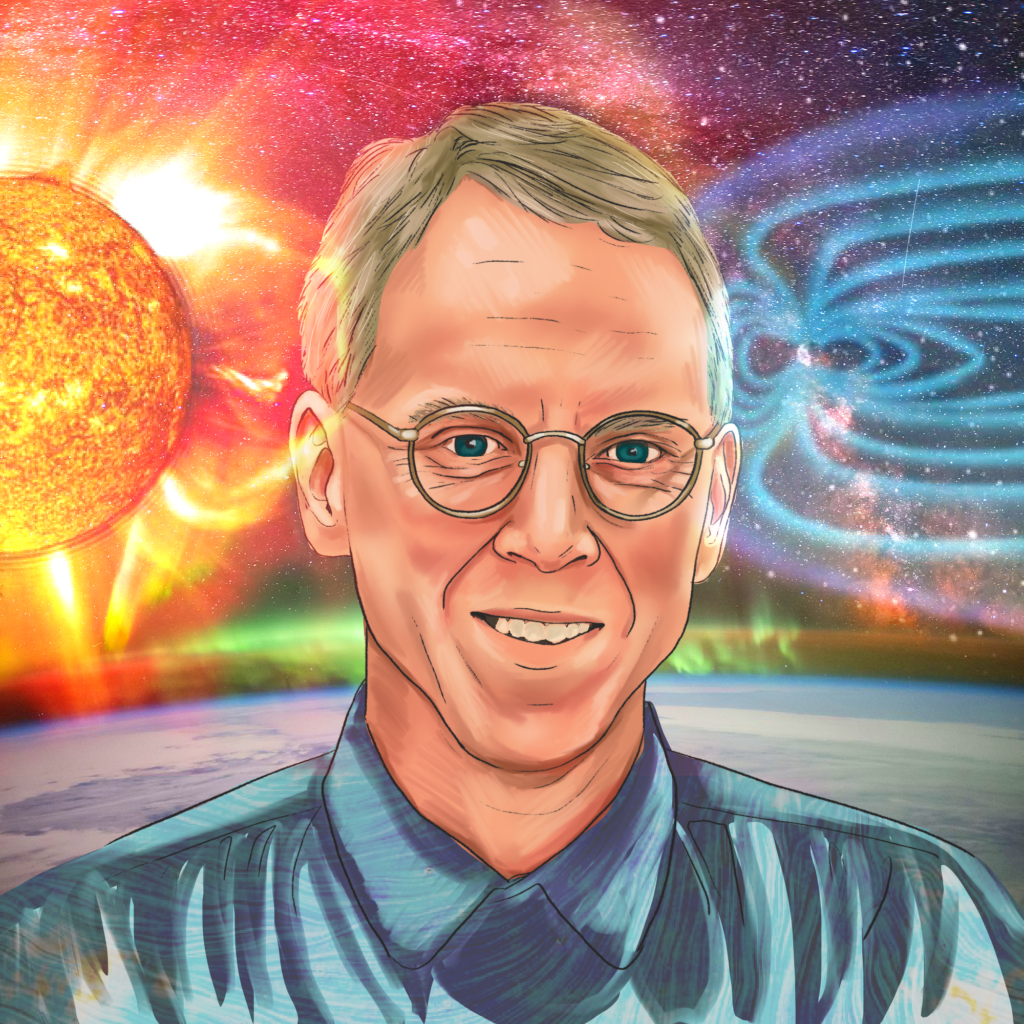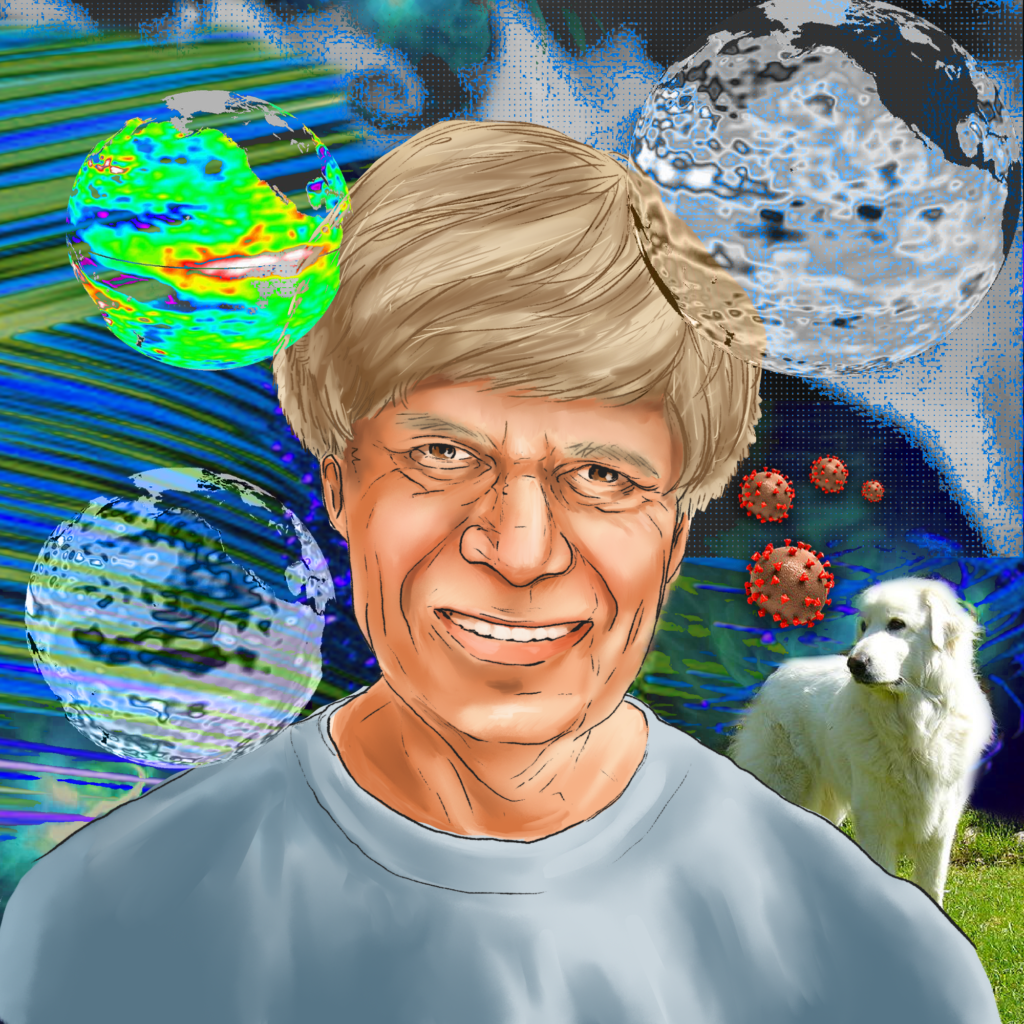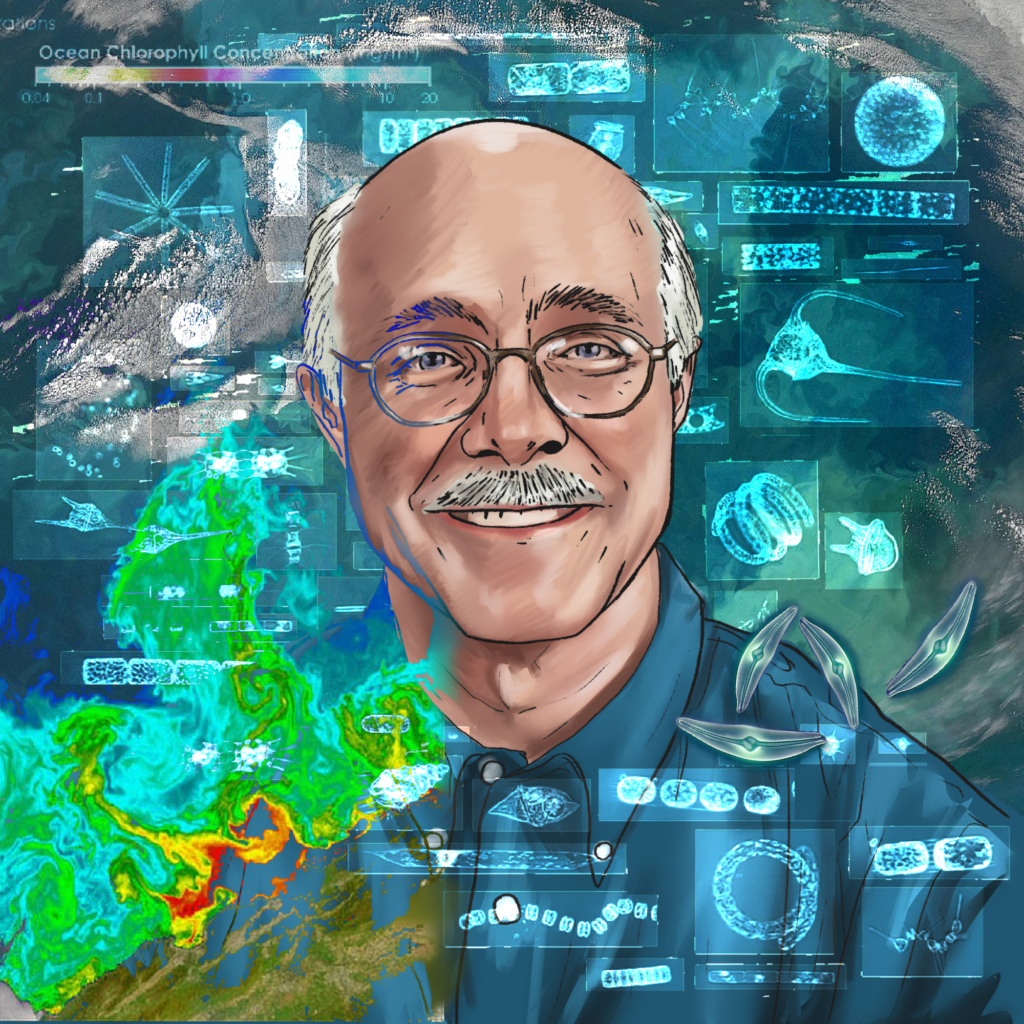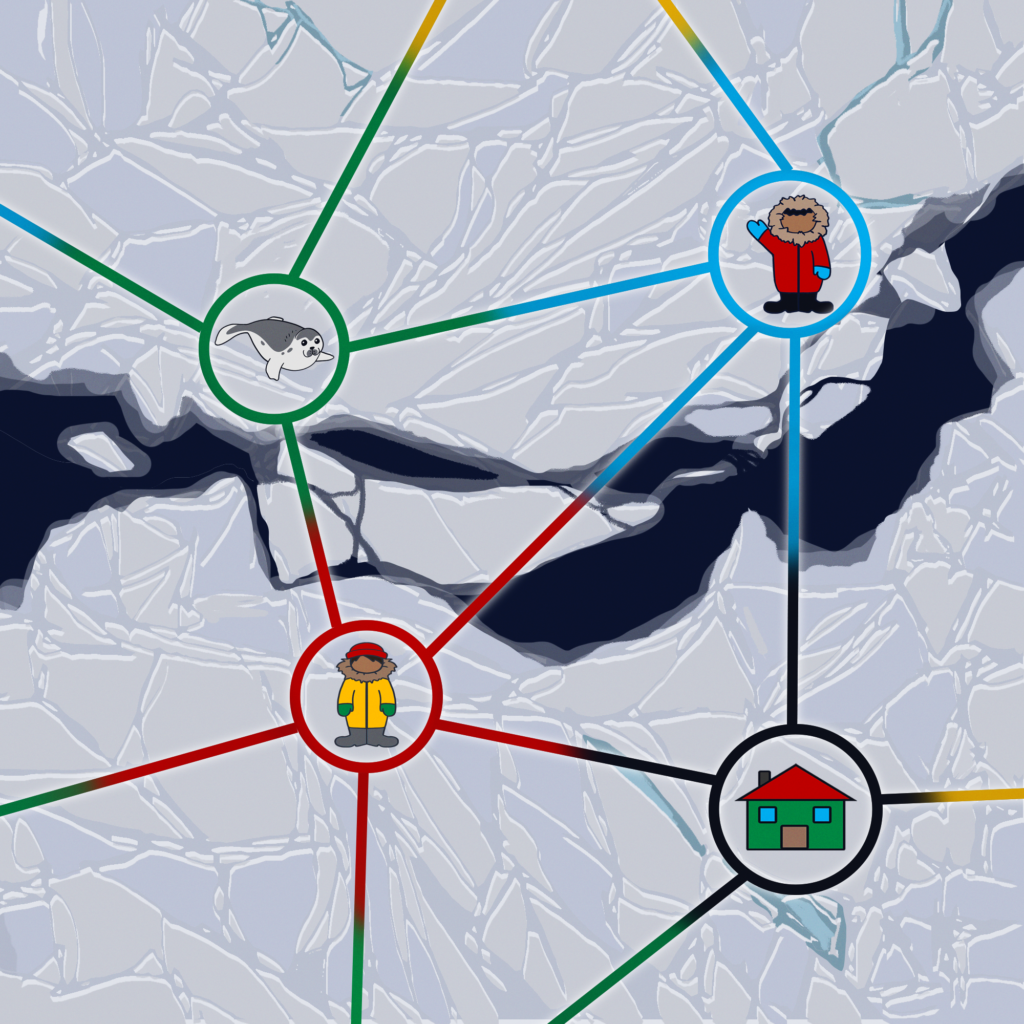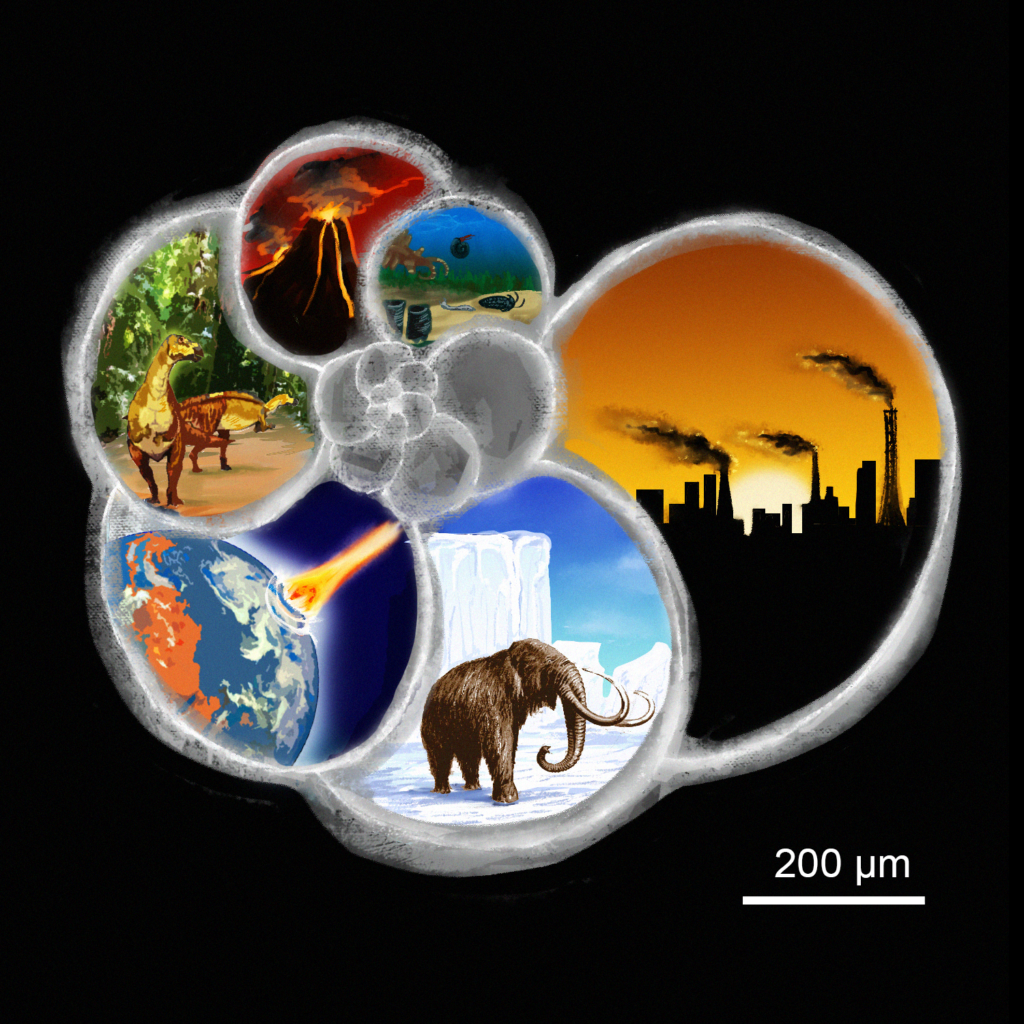Global Environmental Change
Distillations: Sharing science for the public good
It’s that time of year again. No, we’re not talking about the holiday season (though, happy holidays everyone!). We’re talking AGU’s annual meeting! To celebrate, we’re releasing an episode each day of the conference, corresponding with the theme of the day.
Read More30-Fire: Bringing fire back to the land
Fire is a part of life for many indigenous groups, but for decades cultural burning was restricted and even criminalized. Now, fire is being brought back to the land by indigenous groups to help prevent big blazes, create resilient ecosystems, and provide resources for indigenous communities.
Read More25-Fire: Forests under (mega)fire in the Pacific Northwest
Climate change is accelerating as human-made greenhouse gasses continue to warm our atmosphere. Megafires certainly evoke climate change doomsday feelings, but are these types of fires new to the PNW or were similar instances occurring prior to 2020?
Read More24.5-A podcast of fire and ice
As the leaves change and temperatures cool, head inside, fire up your headphones, and get ready for hot-podcast fall as share stories about, well, fire. Join us over the next six weeks to hear stories about wildfires, volcanoes, fire in space, and on other planets, indigenous fire knowledge, and…fireflies!
Read More23-Storied careers: Auroras, deadly radiation, and Earth’s long-term future
With a heliophysics career spanning across nearly five decades, Thomas Earle Moore has always been fascinated by the Sun’s relationship with the Earth and how that relationship affects life on our planet.
Read More22-Storied careers: Ocean sensors and dog scenters
Tommy Dickey is an emeritus oceanographer from U.C. Santa Barbara and Naval Operations Chair in Ocean Sciences. His modeling and observational research yielded ocean monitoring technologies and tools. For retirement, Tommy trains and deploys Great Pyrenees as therapy dogs, while studying scent dogs’ capacity to detect COVID-19.
Read More21-Storied careers: Scouring seas from the skies
This episode is about how satellite technology is being used to study a big chunk of the earth’s surface. Seventy percent of the earth comprises water but we know very little about it. Color sensors aboard some satellites can actually reveal a lot about phytoplankton or microalgae blooms that are linked to ocean temperatures. These tiny organisms contribute to half the photosynthesis on the planet.
Read More18.5-The (not so) secret histories of scientists
Science is all about experimentation, discover, and sharing those results. But what happens behind the scenes? What stories do scientists have to tell that don’t make it in the manuscript or the classroom lecture?
Read More18-Ice: Ancient knowledge for modern tech
To the untrained eye, Arctic ice appears unchanging, but conditions can shift quickly, and often reveal life-threatening hazards when they do. It is an unforgiving environment, but the Inuit know how to navigate it. That knowledge has been passed down through generations, and a new app is giving centuries-old Inuit knowledge a very modern form.
Read More16-Ice: Shells of an ice-less past
Brian Huber is a climate detective at the Smithsonian who grew up collecting arrowheads in the woods of Ohio, but now collects and studies fossils from sediment cores. Brian uses fossils of tiny organisms − foraminifera − to track climate over millions of years, including the Cretaceous Hot Greenhouse climate.
Read More
